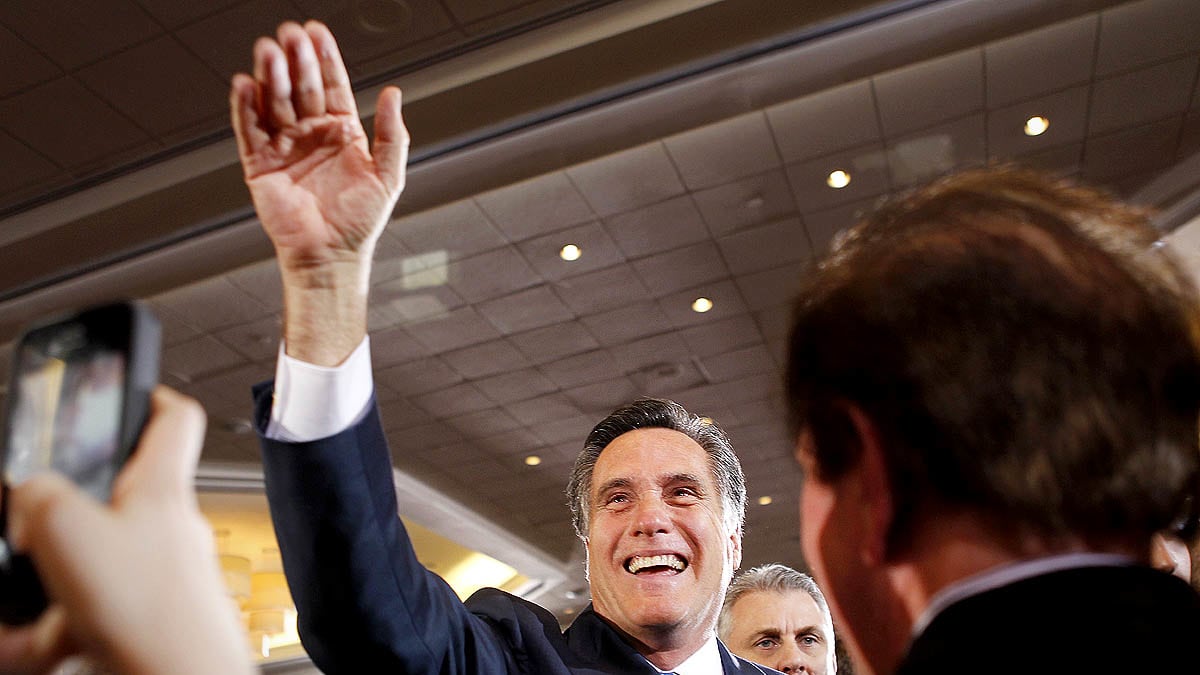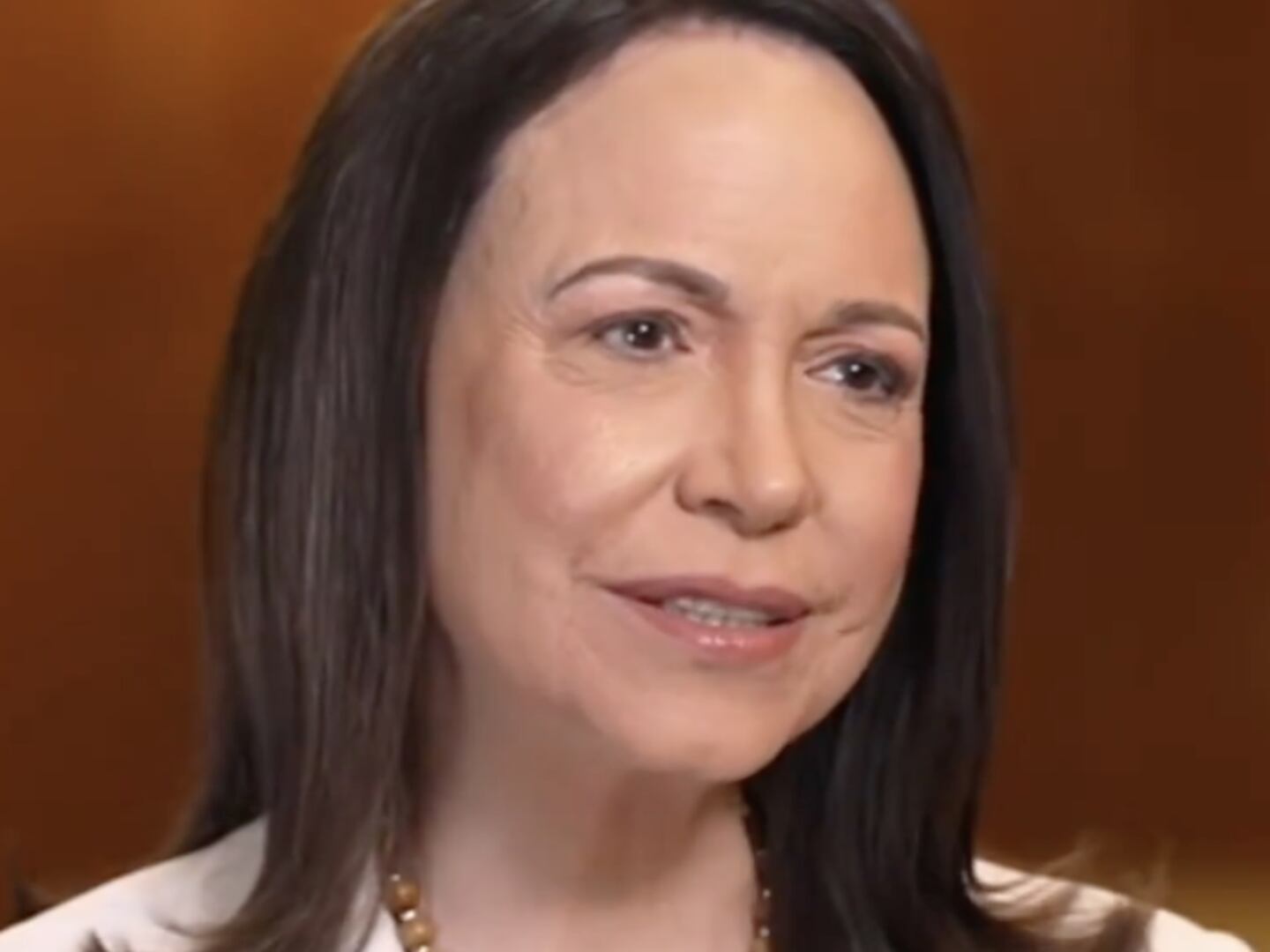There are countless stories about Mitt Romney’s weaknesses, how he can’t connect with people and close the deal with Republican voters. But if you go by the numbers, Romney has more wins than any of the other candidates, and he’s captured 56 percent of the delegates so far—more than twice his nearest rival, Rick Santorum, who’s won 24 percent. Republican pollster Whit Ayres says that contrary to popular perception, Romney is “dominating” the primaries, and if the GOP had kept the same rules it had four years ago, with more winner-take-all primaries, we’d all be writing the race is over.

After Romney won six Super Tuesday contests this week, his campaign advisers said that it would take “an act of God” to stop their candidate in his quest for the nomination. They backed up their assertion with math showing that Romney must win just under half the remaining delegates, while Santorum has to win close to two-thirds in order to catch Romney. “Ultimately it’s about arithmetic, and the arithmetic points to Romney,” says Jack Pitney, professor of American politics at Claremont McKenna College.
Romney is not expected to win next week’s contests in Alabama, Mississippi, and Kansas, prolonging the sense of gloom hovering over his campaign. Ayres likens the nominating contest to his young, single daughter choosing among several suitors. Romney is the straight arrow, whom dad prefers. She finds him boring and doesn’t love him but ends up marrying him and learning to love him. Ayres is convinced that’s what will happen as Romney “will just grind it out” until he gets the needed delegates. A string of primaries coming up favor Romney over his more conservative opponents: Illinois on March 20; Maryland and Wisconsin on April 3; Connecticut, Delaware, New York, and Rhode Island on April 24.
“The numbers favor Romney; the Republican heart doesn’t,” says Pitney. Much of the reporting focuses on Romney’s shortcomings, but the assumption among most analysts is that Romney remains the presumptive nominee. “Life is about settling,” says Pitney, who points out that the other candidates are angry at the perceived arrogance of the Romney campaign, and the suggestion that they should get out of the race. But in the long run, anything that builds on the notion that Romney is inevitable is smart strategy because it undermines the other candidates’ support.
Las Vegas oddsmakers aren’t taking bets on when, or if, Romney will wrap up the nomination. “The odds are June 5 will do it for him,” says Larry Sabato, director of the Center for Politics at the University of Virginia. That’s when New Jersey and California vote; New Jersey is winner-take-all, and California is winner-take-all by congressional district. Romney is the only candidate with the resources to compete throughout California and should clean up in both these delegate-rich states.
Measured solely by the numbers, Romney dominates. Then why do the prognosticators spend endless hours dissecting his wins and turning them into losses? “He projects weakness even when there’s evidence of strength,” says Sabato. “There’s no larger-than-life persona, and he has no compelling message at all.” GOP pollster Ayres says that once Romney wraps up the nomination, the election will once again turn on jobs and the economy, Romney’s perceived strengths. After all the negative press Romney has gotten and the pounding the GOP has taken, he is just five points behind Obama in nationwide polls, close enough to be within the margin of error, Ayres says.
“Sounds like a guy auditioning for a job with the Romney campaign,” jokes Bill Burton, cofounder of Priorities USA Action, a super PAC supporting Obama. Not surprisingly, Burton has a somewhat different view: if Santorum had run a more focused campaign, he could have made up the small deficit that Romney beat him by in Michigan and Ohio, and we would be looking at a very different race. Allocating remaining delegates along roughly the same lines, and with the potential of close races, Burton believes “it’s not as mathematically impossible for Santorum to still win it” as the Romney campaign would like people to believe.
Unless Romney starts winning by much higher percentages, he is unlikely to reach the magic 1,144 number of delegates he needs by the end of the primaries. “There’s no doubt he will have a plurality,” says Burton. “The question is whether he will win by acclamation.” In other words, will one or another candidate turn over his delegates, or, less likely, will the battle go to the convention floor in Tampa? Even as he spins out these tantalizing scenarios, Burton concedes Romney is the presumptive nominee, and that we’re looking at an election that is likely to be very close given the nature of politics today. From that conclusion, there are few dissenters.






